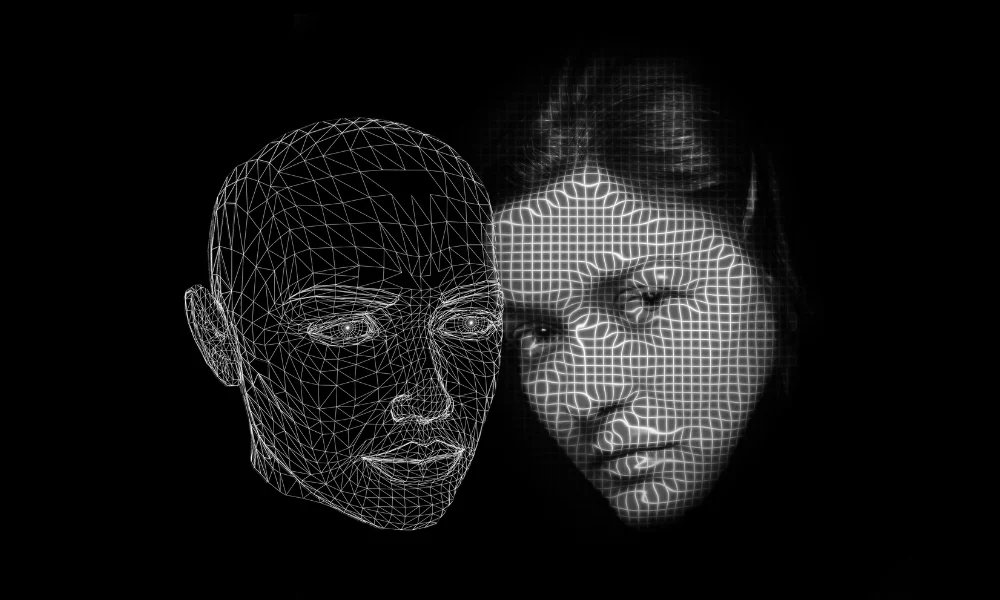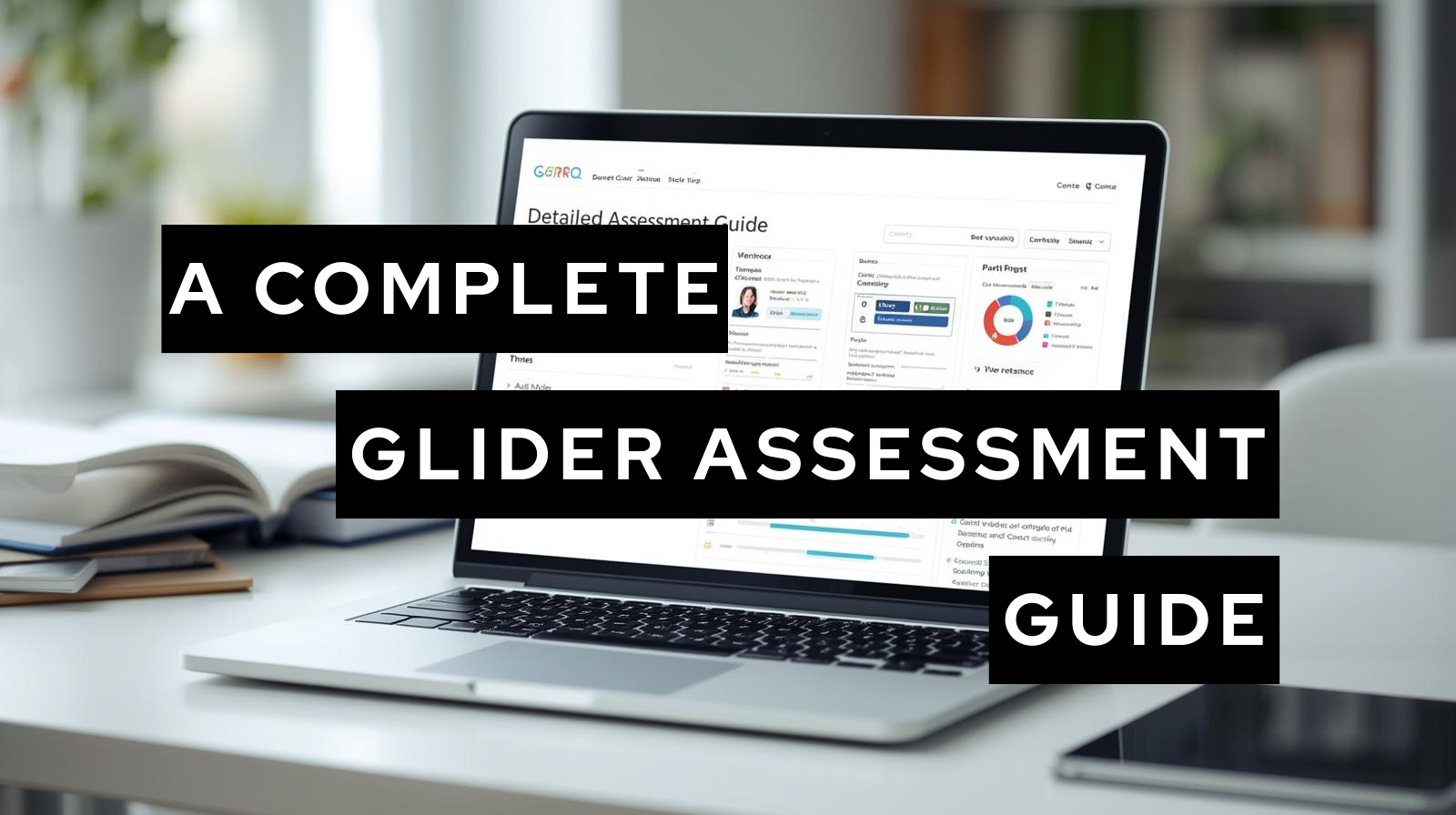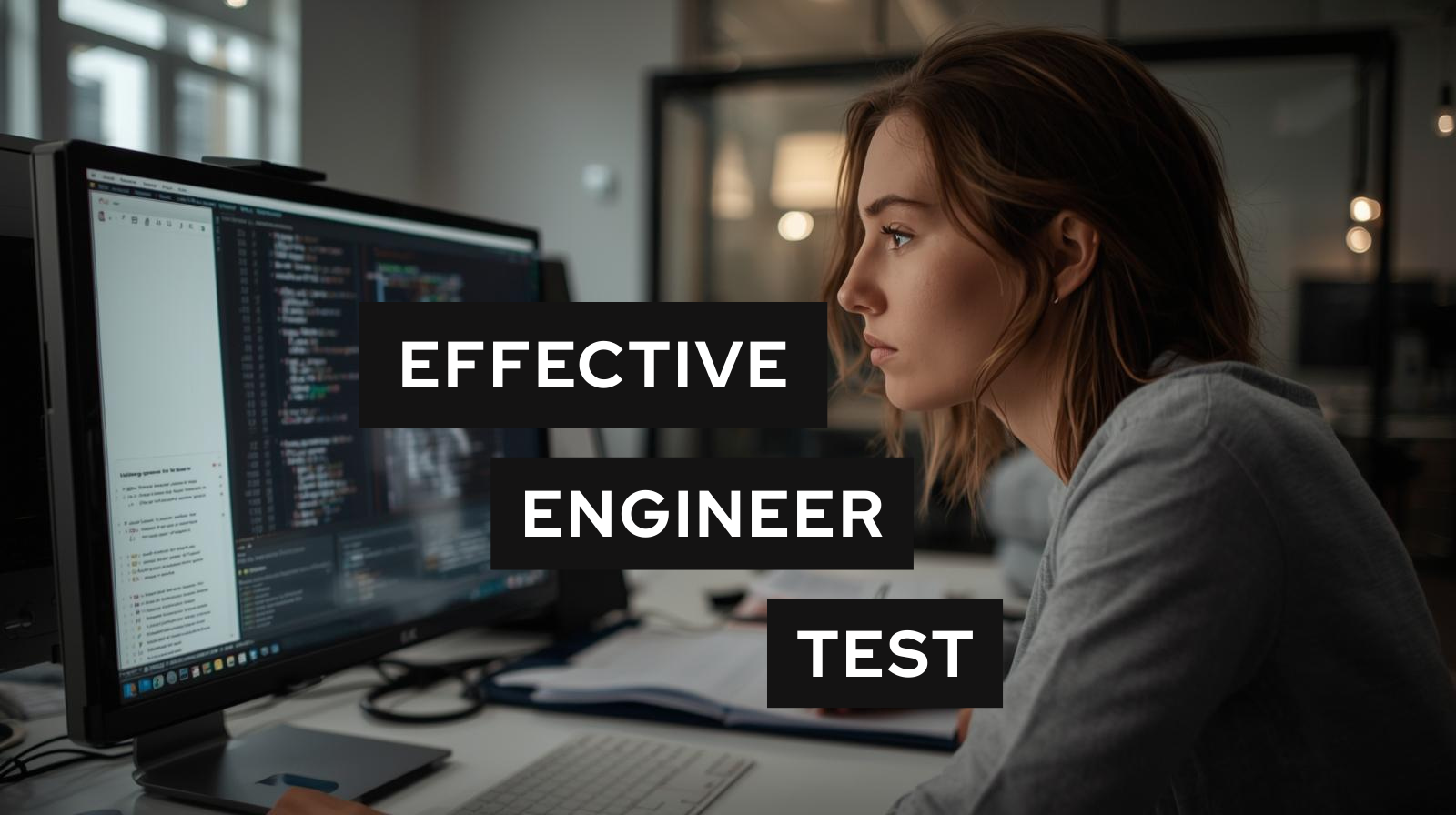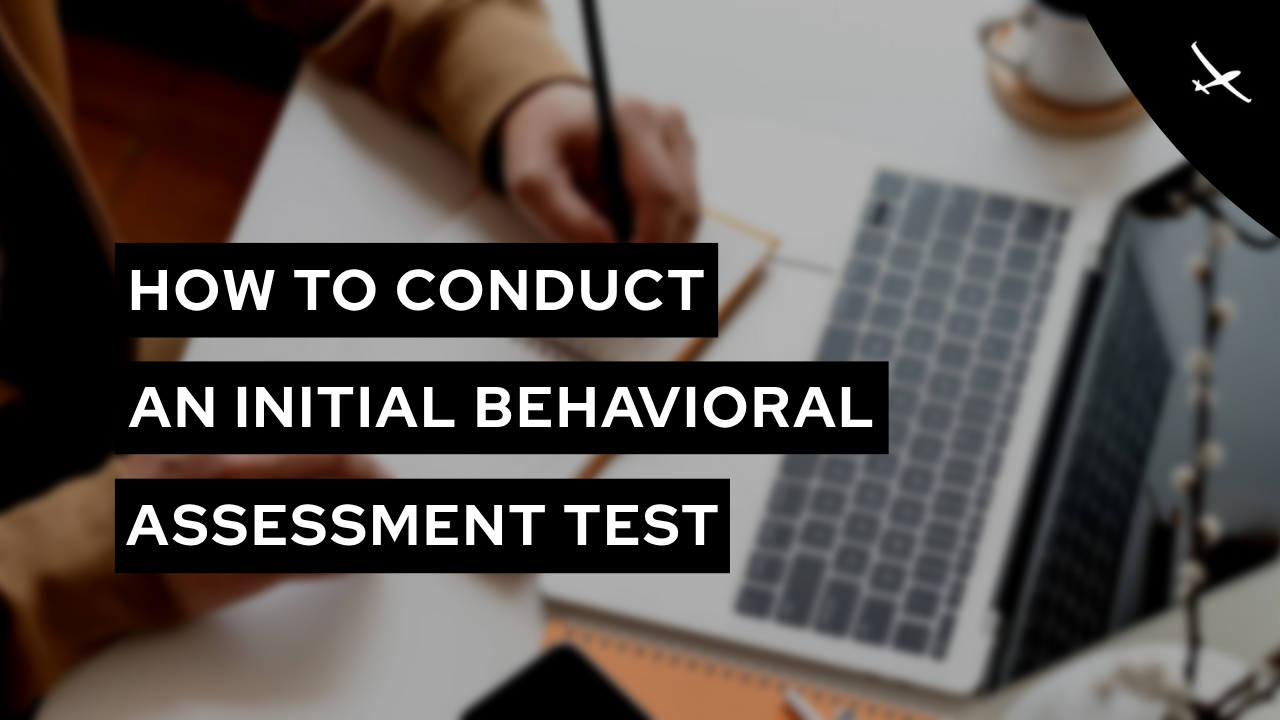
Make talent quality your leading analytic with skills-based hiring solution.

Most HR professionals consider psychometric tests an indispensable part of talent assessment tools. Why so? Well, the driving factor of any company is its employees. Employees make a company prosper; not the machines, not the technology but people. A company’s success depends on the people working there and thus the powerhouse behind the company must be sound and effective in every manner.
As a part of talent assessment tools, psychometric tests in recruitment help evaluate talent from an aptitude as well as personality perspective, thereby assessing their ability to learn new skills, fit in the company culture and work in tandem with the rest of the organization to meet business objectives. No wonder, start-ups and big companies love psychometric tests more than ever.
In this blog, we explore the world of psychometric tests and disclose how Glider.ai provides the best talent assessment tools to hire the dream talent.
There are at least 5 reasons to use psychometric tests in recruitment. They evaluate an individual’s intellectual prowess, mental stability, personality traits, soft skills, etc. Psychometric tests in recruitment assess every particular skill that a candidate possesses through a plethora of questions. That’s why talent assessment tools are objective and unbiased tests that are fully valid and reliable.
In today’s world, psychometric tests have become common as recruiters from various companies hire their candidates through these tests. These tests are performed during the initial interview phase to get a clear sense of the candidate’s status based on the job role.
“I believe that psychometric tests should be used in conjunction with one or more interviews for the job, with different people, and where possible, meeting other members of the organization. This would allow the candidate to pick up information that is hard to measure, such as the general atmosphere, how people relate to each other, and whether the candidate would ‘fit in’.”Siobhan Hamilton-Phillips
If we dig deeper into the history of psychometric tests, then, according to reports, it was the year 1880 when James Catrell pioneered the first psychometric assessment. He labeled them as ‘mental tests‘. After Catrell, in 1905, Alfred Binet introduced the term ‘intelligent tests‘. In 1917, Robert Woodworth developed the ‘Personal Data Sheet’ consisting of simple yes and no questions to assess WW1 recruits. This answered the question, what tests can assess a candidate’s personality?
According to Sir Francis Galton, psychometrics is “The art of imposing measurement and number upon operations of the mind”.
Psychometric tests help in asserting the candidate’s adaptive dexterity necessary for the workplace environment.
A person’s neuroticism levels can be examined through conditional stimuli where different situations evaluate the different traits of the person.
Psychometric tests expose the candidate’s mental and behavioral status through assorted stimuli.
Why are psychometric tests used in candidate hiring?
The answer is here: Earlier, recruiters used to select candidates based on their CVs and name-sake interviews for volume hiring. A candidate’s personality evaluation was not given much importance. But through research, it was found that the job performance of an individual depended not only on the intellectual capability but a major part of it depended on the mental status and the personality of the individual. The more diverse hiring, the company implemented, the more successful it became. Thus, psychometric tests became a part of the talent assessment tools.
Psychometric tests can identify a candidate’s cognitive and behavioral competencies.
These tests evaluate the three main characteristics of humans.
These tests have proven their worth over time. These tests have, according to experts, the ‘psychometric properties.
Recruitment software platforms like Glider AI are one-stop solutions for testing a candidate from more than one perspective. They help recruiters understand that a candidate’s personality like empathy, moral values, culture, etc tells more than what is in the resume. Moreover, psychometric tests are a great way for DE&I hiring. In this regard, talent assessment tools highlight the importance of those traits.

The Glider assessment suite gives hiring teams a structured and reliable way to evaluate skills across technical, functional, behavioral, and coding domains. With a focus on accuracy and fairness, Glider AI helps recruiters identify talent with confidence while creating a clear and supportive experience for candidates. This guide outlines each part of the Glider assessment […]

Engineering roles stay open longer than almost any other position. You know the pattern: a req opens, applications flood in, resumes get reviewed, phone screens happen, and then the pipeline stalls. Candidates who looked strong on paper can’t solve basic problems. Others talk a good game but can’t write functional code. By the time you […]

Hiring behavioral consultants can be challenging. Organizations often rely on resumes and interviews to gauge skills, but these methods rarely reveal how a candidate will perform in real-world scenarios. Misjudging traits like problem-solving, adaptability, and interpersonal skills can lead to mis-hires, wasted training efforts, and lower team productivity. How to Conduct a Initial Behavioral Assessment […]